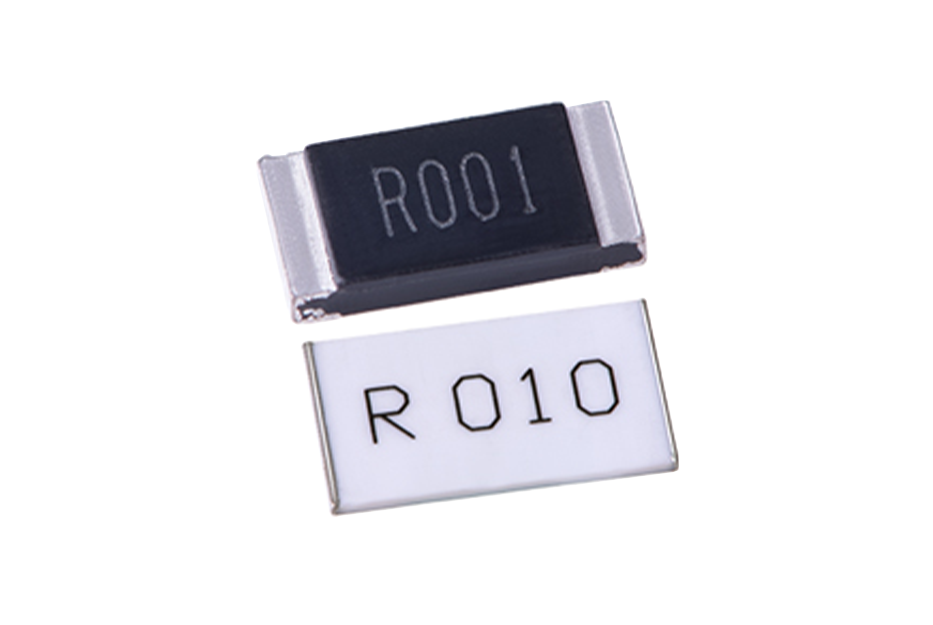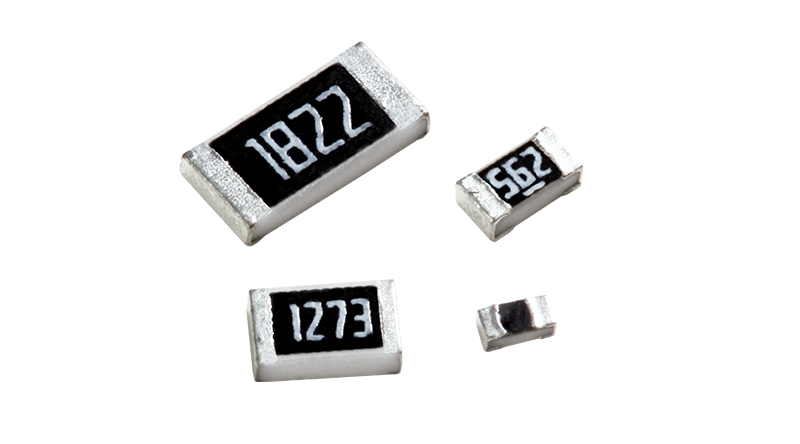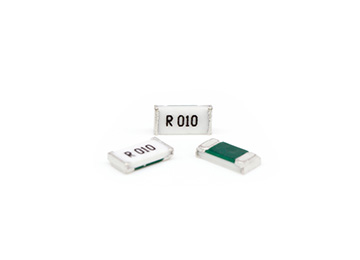Alloy resistance selection and online purchase address: hnstshop.com/product-list/R09-p1-l10.html" target="_blank" rel="noopener">click on the image to enter

Alloy resistors are electrical components made of alloy materials. It plays many important roles in circuits. Based on its practical application and functional role, I will now provide a detailed introduction to the various functions of alloy resistors.
Firstly, alloy resistors can be used as current limiters in circuits. In circuits, some electrical devices require specific current to operate, and excessive current can cause damage to these devices. Alloy resistors limit the flow of current by providing resistance, ensuring that the current does not exceed the allowable range, thereby protecting the normal operation of electrical equipment. The resistance value of the alloy resistor can be adjusted as needed to meet the current requirements of different devices.
Secondly, alloy resistors can also be used as current sensors in circuits. In many applications, real-time monitoring of current changes in circuits is necessary. The resistance of an alloy can reflect the magnitude of the current by measuring the change in its own resistance value. This characteristic makes alloy resistance widely used in current measurement and control. For example, in electric vehicles, alloy resistors can be used to measure the current of the battery pack to control the charging and discharging status of the battery.
Thirdly, alloy resistance can also be used for temperature measurement and control. The resistance value of alloy resistance is positively correlated with temperature, that is, as the temperature increases, the resistance value also increases. Therefore, by measuring the resistance value of the alloy's resistance, the temperature of the environment in which it is located can be calculated. This characteristic allows alloy resistors to be used as temperature sensors. In many industrial and household devices, alloy resistors are widely used for temperature measurement and control, such as thermometers, thermostats, etc.
Fourthly, alloy resistors can also be used as voltage dividers in circuits. In circuits, it is sometimes necessary to reduce a higher voltage to a lower voltage to meet the operational requirements of certain devices. Alloy resistance can achieve voltage division through its resistance value. By selecting an appropriate alloy resistor, the input voltage can be divided into the desired output voltage in a certain proportion. This makes alloy resistors play an important role in circuit design.
Fifth, alloy resistors can also be used as current sources in circuits. In some applications, it is necessary to provide a constant current to certain components in the circuit. Alloy resistors can achieve constant current output by providing stable resistance. This characteristic makes alloy resistors widely used in current source circuit design. For example, in LED driver circuits, alloy resistors can be used to provide a constant current to ensure the normal operation of the LED.
In summary, alloy resistors play various important roles in circuits. It can be used as a current limiter, current sensor, temperature sensor, voltage divider, and current source to meet the needs of current, voltage, and temperature in different applications. With the continuous development of technology, the application of alloy resistors in various fields will continue to expand and deepen.


